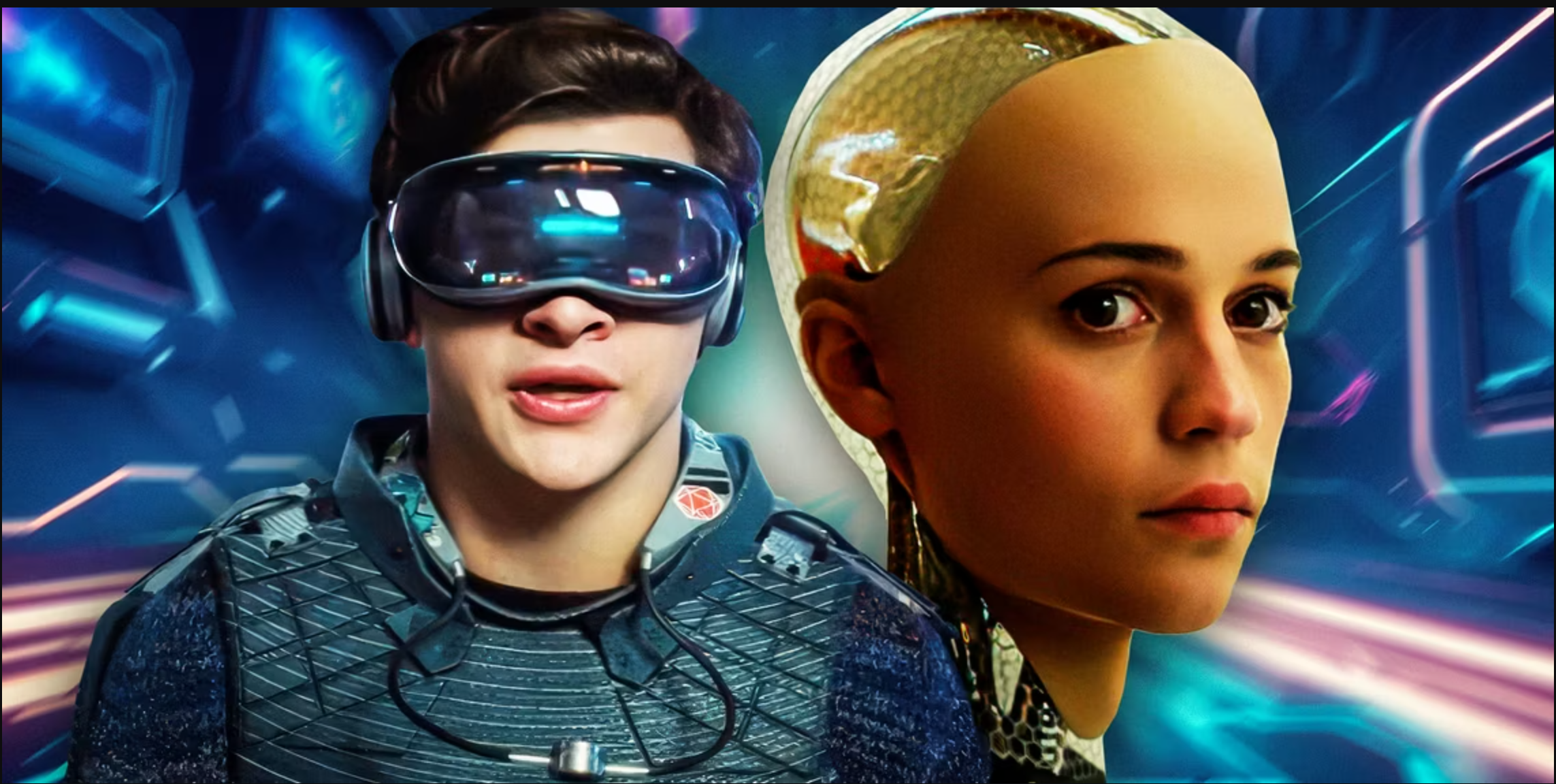Science fiction has long been a canvas for the imagination, painting vivid pictures of future technologies. As we stand on the cusp of scientific breakthroughs, some of these fantastical inventions are inching closer to reality. Here’s a look at five sci-fi technologies that may soon transition from the silver screen to our everyday lives.

The Veil of Invisibility: From Fiction to Espionage
The concept of invisibility, as seen in The Invisible Man (2020), is no longer just a plot device for horror films. Research in metamaterials and light manipulation suggests that cloaking devices could soon be more than cinematic fantasy. While the potential for misuse in espionage and warfare is significant, the benefits in stealth technology and privacy protection are equally compelling.
Lunar Outposts: Humanity’s Leap to the Moon
Ad Astra (2019) envisions a future where lunar bases are as common as international space stations. With advancements in space travel and habitation, the idea of operational bases on the moon is gaining traction. These outposts could serve as launchpads for deeper space exploration, making the dream of commercial moon travel and interplanetary expeditions a pending reality.
Designer Genes: The Ethical Frontier of Genetic Engineering
The world of Gattaca (1997) brings to light the ethical dilemmas of genetic engineering. Today, CRISPR technology is opening doors to eradicate genetic diseases, but it also raises questions about eugenics and the moral implications of ‘designer babies.’ As we navigate this frontier, the balance between medical breakthroughs and ethical responsibility remains delicate.
The Clone Conundrum: Ethical Implications of Human Cloning
Kazuo Ishiguro’s Never Let Me Go (2010) delves into the dark side of human cloning. While therapeutic cloning holds promise for regenerative medicine, the prospect of full human cloning presents profound ethical challenges. The debate over the sanctity of life and the rights of clones is a conversation that will intensify as this technology approaches feasibility.
Sentient AI: The Dawn of Conscious Machines
Ex Machina (2014) introduces Ava, an AI with human-like consciousness. As AI becomes more integrated into our lives, the development of sentient machines seems inevitable. The implications for society are vast, from ethical considerations to the potential for AI rights. The journey towards AI consciousness is fraught with philosophical and practical challenges.
As these technologies evolve, they bring with them a host of benefits and challenges. The line between science fiction and science fact is blurring, and with it, our understanding of what it means to be human in a technologically advanced world. The future is indeed an exciting place, and it’s closer than we might think.
Leave a Reply